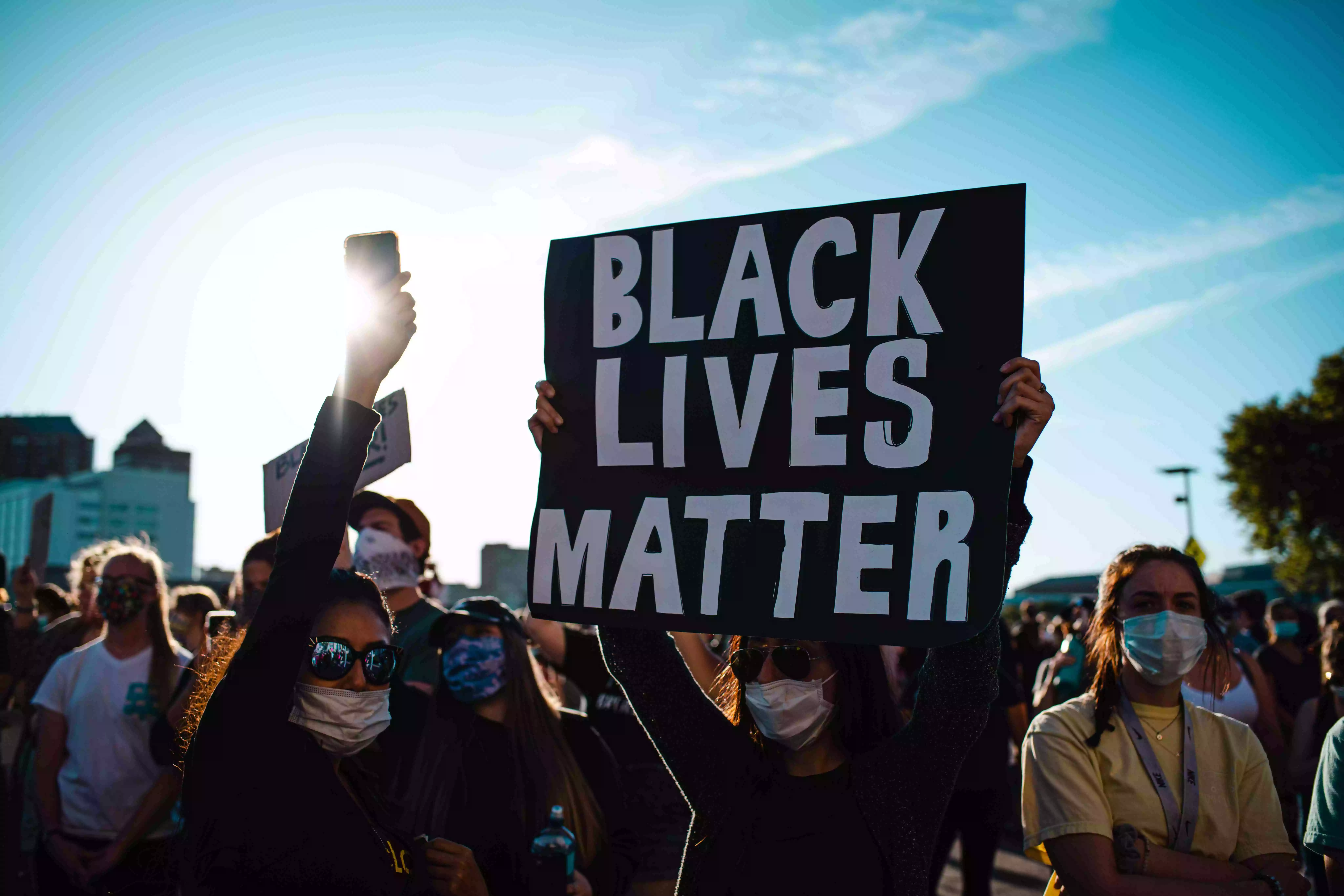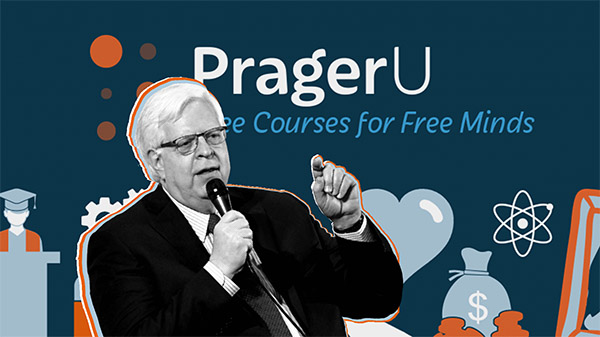Antisemitism, historically ingrained in the fabric of Western societies, has taken on new forms in the modern era, often cloaked under the guise of political criticism or anti-Israel sentiment. However, a deeper examination reveals the disturbing truth: modern antisemitism is not only alive but thriving, and its manifestations are often hypocritical and deeply entrenched in society.
One of the most insidious forms of modern antisemitism is the camouflage it finds in anti-Israel sentiment. While criticism of Israeli policies is legitimate and essential for any healthy democracy, the line between criticism of a government and prejudice against an entire ethnic or religious group is often blurred.
Critics of Israel frequently employ double standards, holding the Jewish state to a higher moral standard than any other nation. This selective outrage not only ignores the complexities of the Israeli-Palestinian conflict but also singles out the Jewish state for condemnation while turning a blind eye to egregious human rights abuses committed by other nations.
Throughout history, Jews have been the perennial scapegoats, targeted by prejudice and discrimination in various forms. From the pogroms of Eastern Europe to the horrors of the Holocaust, antisemitism has left an indelible mark on the Jewish people, culminating in the establishment of the state of Israel as a safe haven for the Jewish diaspora.
Yet, even in the wake of the Holocaust, antisemitism persists, albeit in subtler forms. The age-old trope of Jewish control and manipulation, once propagated through blood libels and conspiracy theories, now finds expression in anti-Zionist rhetoric, portraying Israel as a nefarious entity with disproportionate influence over global affairs.

What makes modern antisemitism particularly hypocritical is its failure to acknowledge the unique history and struggles of the Jewish people. While other marginalized groups are rightly afforded empathy and solidarity, Jews are often excluded from the conversation or dismissed as privileged oppressors.
This double standard is evident in the selective outrage directed towards Israel, while far worse atrocities are ignored or rationalized. It is seen in the vilification of Jewish symbols and traditions under the guise of anti-Zionism, denying Jews the right to self-determination and cultural identity.
Moreover, the glaring disparity in media coverage and public outcry further highlights the hypocrisy of modern antisemitism. While millions of Arab children and civilians perish in conflicts across the Middle East and Africa, their plight often goes unnoticed or marginalized by the international community.
When Israel, facing existential threats and unrelenting aggression, defends itself from attacks, it suddenly becomes the focal point of global condemnation. The disproportionate attention given to Israel's actions, compared to the silence surrounding other humanitarian crises, underscores the underlying bias and antisemitic attitudes that pervade Western societies.

To combat modern antisemitism effectively, we must first recognize it for what it is: a pernicious form of prejudice that continues to thrive in the shadows of society. We must confront the double standards and hypocrisy that enable its persistence, holding ourselves and others accountable for the biases we may harbor.
Furthermore, it is imperative to distinguish between legitimate criticism of Israeli policies and antisemitic tropes disguised as political discourse. By fostering open dialogue and mutual respect, we can strive towards a future where all forms of bigotry, including antisemitism, are unequivocally condemned.
Modern antisemitism in the West is a complex and multifaceted phenomenon, often masked by political rhetoric and ideological fervor. However, beneath the surface lies a deeply ingrained prejudice that continues to target the Jewish people, exploiting historical traumas and perpetuating harmful stereotypes.
As we confront the realities of antisemitism in the 21st century, we must remain vigilant against its insidious manifestations and resolute in our commitment to combating prejudice and discrimination in all its forms. Only through collective action and unwavering solidarity can we hope to build a more inclusive and just society for future generations.

One of the sharpest thinkers of our time, Ben Shapiro will present his points with proof and statistics.

Prager university is one of the best Places to easily understand politics and what stands behind it.

American journalist, recognized for her incisive interviewing style and for covering significant politics issues.

Free Thinker, dedicated to identifying, organizing, and empowering young people to think for themselves based on facts.